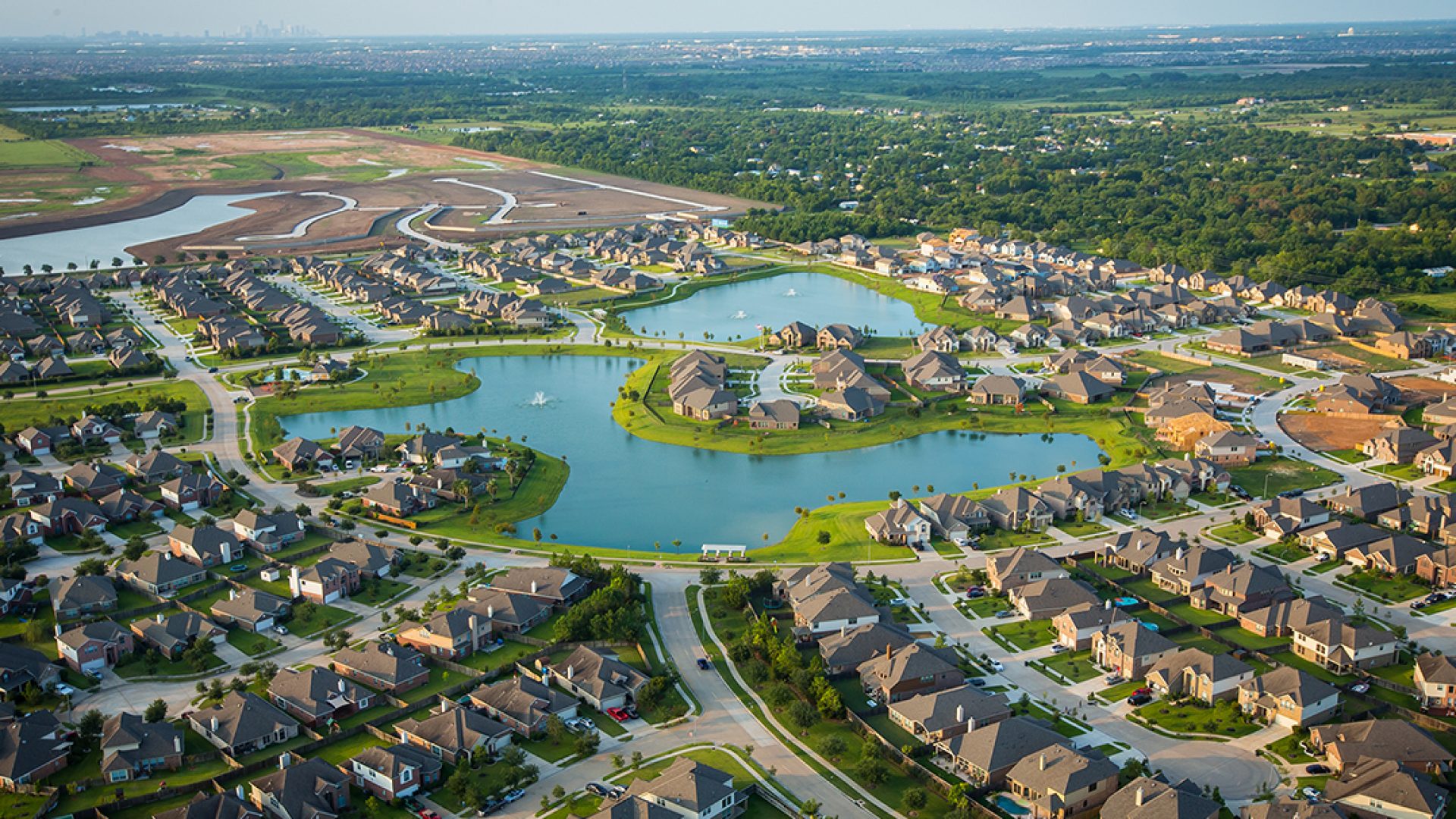Zillow Group CEO, Spencer Rascoff, sat down with Lennar’s Executive Chairman and former CEO Stuart Miller to discuss how technology will impact home building and design. Visit the Zillow Office Hours podcast to hear the full interview.
What will the home of the future look like? Imagine built-in Wi-Fi, voice-activated digital assistants and other technological innovations that will render older homes obsolete before long. Earlier this month, the nation’s largest homebuilder, Lennar, took a big swing in this direction, announcing that all of its new homes will include smart locks, Wi-Fi, thermostats and lights — all controlled by Amazon Alexa. In this episode, Lennar’s former CEO Stuart Miller, who now serves as its executive chairman, joins Spencer to discuss how technology will impact homebuilding and design — and how he helped create a culture that embraces innovation at the 60-plus-year-old company.
Press Play to hear the full conversation or check out the transcript below. You can also subscribe to Office Hours on Apple Podcasts and PodcastOne.
Spencer Rascoff: Thanks for the tour we just completed. Stuart just walked me around the building, and we saw the innovation center, we talked about the digital marketing initiatives that you have, the in-house content creation, including video production. And it was really interesting learning how Lennar — which is a, gosh, 60-year-old company now, I think?
Stuart Miller: Sixty-plus.
Rascoff: Sixty-plus. Firstly, for listeners — so, I learned that Lennar is actually a portmanteau, a combination of Leonard Miller — your father — and Arnold Rosen. And Leonard and Arnold became “Lennar.” [Laughs]
Miller: That’s correct.
Rascoff: You very rarely see 60-year-old family businesses that have become publicly traded, $20 billion market companies. So, why do you think Lennar has been able to not be disrupted over the last 60 years? I mean, that’s quite a legacy. What is it about the culture of the company that has allowed it to stay competitive through time?
Miller: Well, we have a really good combination. The foundation that was laid from those early days is a strong foundation of integrity, of value, of excellence, that creates a backbone that has stayed very much central to the way that the company has been built over years. Through its beginning years, the evolution of the company has stayed true to its values, and those core values have held us in good stead. Now, even with that kind of stodgy old background of starting from so many years ago, there’s also been a culture — and, you know, maybe that’s been my contribution of coming in from the outside, not as a pioneer but instead as a next-generation — we’ve developed a culture of saying, “We’re gonna be on our front foot, we’re gonna be evolutionary, we’re gonna stay with the times.”
We live by a mantra of “evolve or die,” and inherent in that mantra is almost an envy for today’s innovative platforms, new technology companies that are not saddled with yesterday’s past. But a different way to look at that is, we, the dinosaur companies — the companies that come from years and years of evolution — do have the benefit of having these very, very strong root systems. And if we can constantly go back and revisit those root systems, there’s a lot of virtue in those root systems — we certainly benefit from it.




